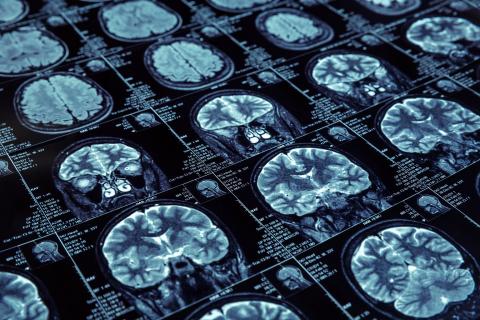The use of technology can reduce the risk of cognitive impairment in people over 50
According to a meta-analysis published in Nature Human Behaviour, the widespread use of digital technology may be associated with lower rates of cognitive decline in people over the age of 50. The results of the study — which analysed 57 studies involving more than 400,000 people with an average age of 69 — seem to contradict the hypothesis that the daily use of technology weakens cognitive ability.









